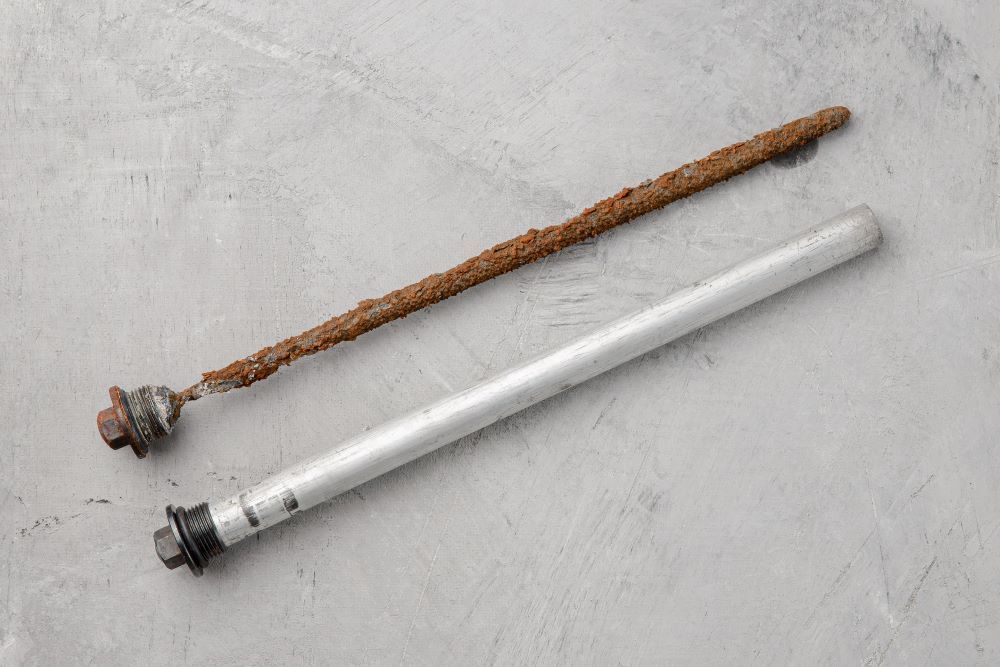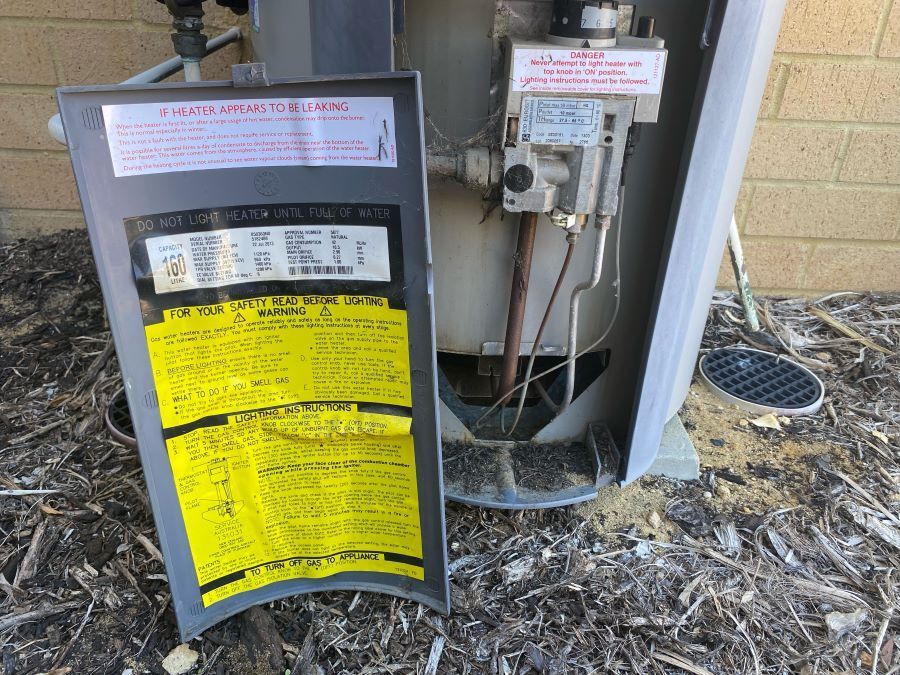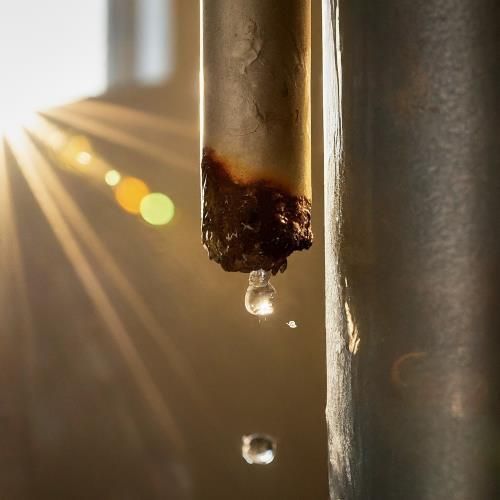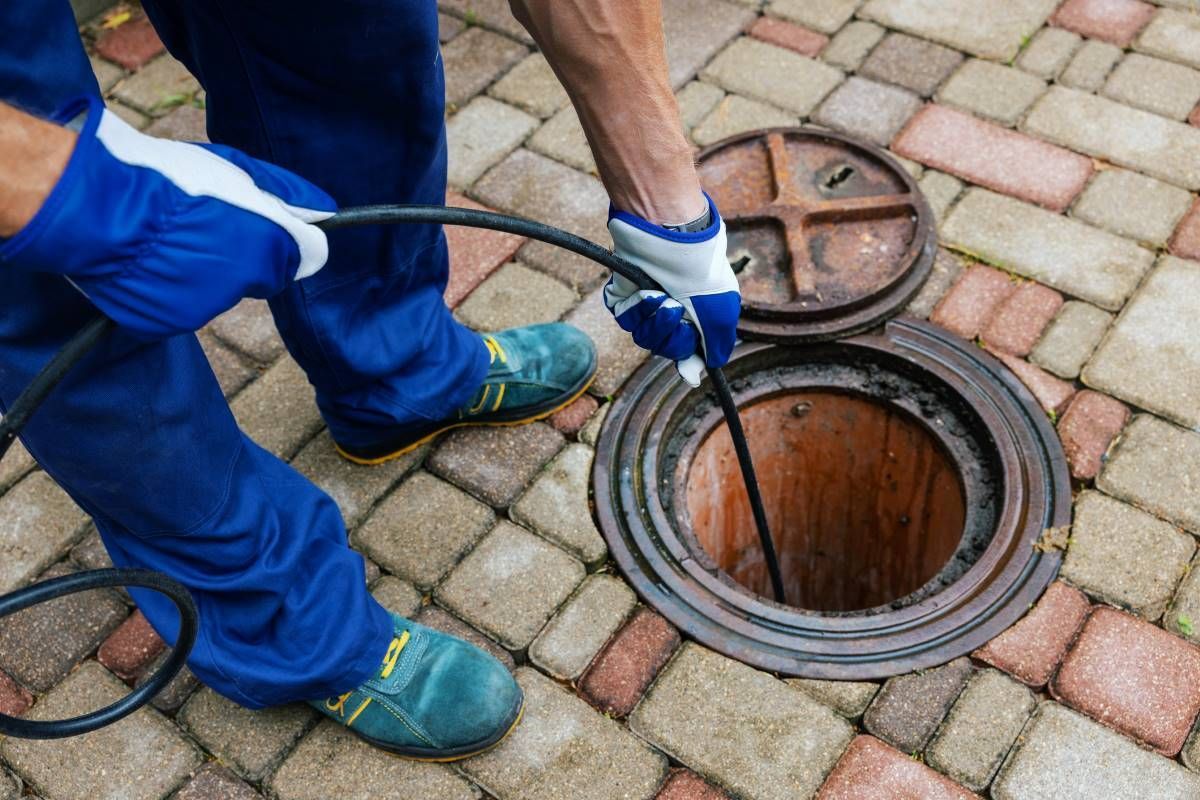What is an Anode Rod?
An anode rod is a key component commonly used in water heaters. It's a long metal rod made from magnesium, aluminium, or zinc that is inserted into the tank of the heater. The primary purpose of the anode rod is to protect the metal tank from corrosion.

The anode rod acts as a sacrificial element. It's designed to corrode instead of the steel tank of the water heater. By corroding, the anode rod sacrifices itself to protect the tank, which can significantly extend the life of the water heater.
By preventing the tank from corroding, anode rods help avoid the premature need to replace a water heater, thereby saving money on potentially costly replacements.
The anode rod also plays a role in maintaining the quality of the water. Though its primary function is not to purify, it helps prevent rust and other contaminants from leaching into the water supply.
Regularly checking and replacing the anode rod as needed (usually every few years depending on water quality and usage) is crucial for maintaining the efficiency and longevity of water heaters. This is why it's often recommended to inspect the anode rod during routine water heater maintenance.
How often does an Anode Rod need to be changed?
The frequency at which an anode rod needs to be changed depends on several factors, including the material of the anode rod, the quality of the water, the type of water heater, and the amount of hot water usage.
Anode rods are typically made from magnesium, aluminium, or zinc. Magnesium rods usually provide the best protection but may corrode faster, especially in harder water. Aluminium rods are a common alternative, especially in areas with very hard water or where magnesium might pose issues with water odour or colour.
If the water is hard or has a high mineral content, it can accelerate the corrosion of the anode rod. In such cases, the rod may need to be replaced more frequently. Different water heaters may have different rates of anode consumption. High-efficiency water heaters, for instance, might consume anodes faster due to their design.
Of course, more frequent usage of hot water increases the rate of corrosion of the anode rod.
Generally, it's recommended to check the anode rod at least once every two years, but many experts suggest checking annually. If more than 50% of the rod has corroded, or if there is significant calcium buildup on the rod, it's time to replace it. In many households, anode rods typically need to be replaced every 3 to 5 years, but this can vary based on the conditions mentioned above.
How do I know if my Anode Rod is bad?
If the anode rod is compromised, it can lead to discoloured water, a pungent rotten egg odour, the air in the lines, and intermittent hot water. To diagnose a faulty anode rod, one should be aware of the warning signs, such as a rotten egg odour, lack of hot water, and strange sounds. In electric water heater tank units, the anode rod's ability to protect the tank should not be underestimated, as it is a crucial element in maintaining the integrity of the system.
Signs that you need to service your Water Heater
It is crucial to monitor your water heater to ensure it operates efficiently. Common signs that indicate a need for servicing include air in the lines, water discolouration, and a noticeable "rotten egg" odour. These symptoms may be accompanied by intermittent operation and sounds resembling air escaping, which can occur as minerals in the water degrade the anode rod, creating holes in it. The anode rod is essential for preventing corrosion within the tank, and its maintenance is key to the health and longevity of your water heater.
The lifespan of an anode rod typically ranges from 3 to 5 years, depending on water quality and usage. If it has been several years since the last inspection, the rod may need a check-up or replacement. Signs of tank corrosion or water leakage can indicate that the anode rod has corroded completely and is no longer protecting the tank effectively. Additionally, if your hot water has a rotten egg smell, this could suggest the anode rod is not effectively neutralising sulphur compounds in the water, and replacing the rod might resolve this issue. If the steel wire core of the anode rod is visible, this shows that the protective material has worn away, signalling it is time for a replacement.
To maintain your water heater's efficiency and extend its life, it is advisable to regularly check and replace the anode rod as needed. Contact a local plumber servicing your area. Best Plumbing Maintenance service greater Adelaide. We are just a call away!
Contact Best Plumbing if you need help with:
- Gas Fitters Adelaide
- Hot Water Systems Adelaide (electric and gas)
- Plumber Adelaide
- 24/7 Emergency Plumber Adelaide



